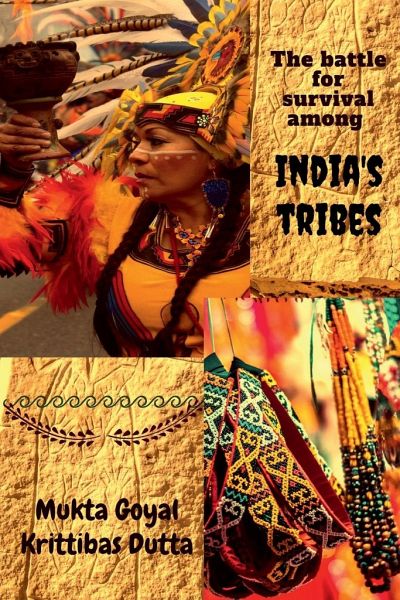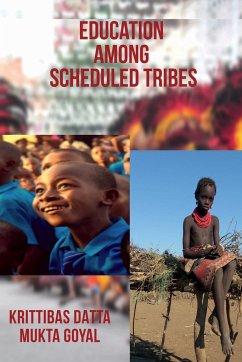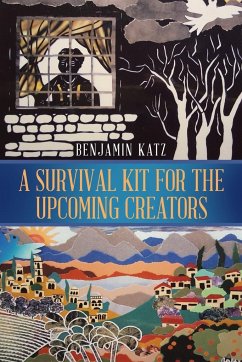
The battle for survival among India's tribes
Versandkostenfrei!
Versandfertig in 1-2 Wochen
18,99 €
inkl. MwSt.

PAYBACK Punkte
9 °P sammeln!
Since the very beginning of our society, Indian tribes have been fighting for the continuation of their way of life. Scheduled tribes are the most at-risk group of Indians from an economic, social, educational, and ecological standpoint. Through government and semi-government programs, the tribes have altered their way of life since becoming independent, but it is not a satisfactory label yet. In this book, all of these tribal-related issues are highlighted. India's Adivasi or tribal population is well-known for being a backward society. The scheduled tribes were the first people to settle in ...
Since the very beginning of our society, Indian tribes have been fighting for the continuation of their way of life. Scheduled tribes are the most at-risk group of Indians from an economic, social, educational, and ecological standpoint. Through government and semi-government programs, the tribes have altered their way of life since becoming independent, but it is not a satisfactory label yet. In this book, all of these tribal-related issues are highlighted. India's Adivasi or tribal population is well-known for being a backward society. The scheduled tribes were the first people to settle in India and are the least advanced economically and socially. The Indian Constitution does not define Scheduled Castes or Scheduled Tribes. The constitution makes specific reference to Indian tribes in Articles 341 and 342. Indian tribes have residues in socioeconomically poor conditions. For the tribes, this situation has been restored to normal due in large part to the efforts of our governments. We are aware that India is a large nation with a large population, where many different ethnic groups have lived for a very long time.












